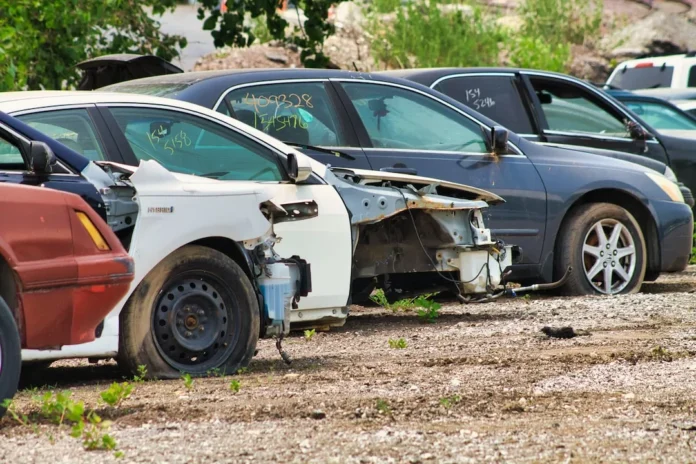Forming journalists is a crucial aspect of the media industry. It is not just about teaching them how to write a good article or conduct an interview, but also about instilling in them the values of integrity, accuracy, and responsibility. In today’s world, where information is easily accessible and constantly evolving, it is more important than ever to have well-trained journalists who can navigate through the complexities of the media landscape and deliver reliable and impactful news.
One of the most effective ways to train journalists is through workshops. These intensive programs provide hands-on experience and practical knowledge, preparing aspiring journalists for the challenges of the real world. One such workshop that has gained recognition for its excellence is the investigative journalism workshop “‘Ndrangheta stereotypes and reality” organized by the renowned journalist Claudio La Camera.
Claudio La Camera is a well-respected figure in the field of investigative journalism. With over 20 years of experience, he has exposed numerous scandals and corruption cases, earning him the title of “the watchdog of the Italian media.” His expertise and passion for investigative journalism have led him to organize workshops to share his knowledge and skills with aspiring journalists.
The workshop “‘Ndrangheta stereotypes and reality” focuses on the notorious Italian mafia organization, ‘Ndrangheta. The aim of the workshop is to debunk the common stereotypes associated with ‘Ndrangheta and shed light on the harsh reality of this criminal organization. The workshop also aims to highlight the positive experiences of individuals and communities who have stood up against ‘Ndrangheta and its influence.
One of the key aspects of the workshop is the hands-on experience it provides to the participants. The participants are given the opportunity to work on real cases and learn the techniques of investigative journalism from Claudio La Camera himself. This not only enhances their practical skills but also gives them a taste of the challenges and rewards of investigative journalism.
The workshop also includes guest lectures from experts in the field, including lawyers, police officers, and former ‘Ndrangheta members. These sessions provide a deeper understanding of the criminal organization and its operations, giving the participants a well-rounded perspective.
One of the most significant impacts of the workshop is the exposure it provides to the participants. The workshop is not limited to the classroom; it takes the participants to the heart of the ‘Ndrangheta territory, Calabria. Here, they get the opportunity to interact with the locals and witness the impact of ‘Ndrangheta on the community firsthand. This experience not only adds to their knowledge but also instills a sense of responsibility and empathy in them.
The success of the workshop can be seen in the work of its participants. Many of them have gone on to become successful investigative journalists, exposing corruption and bringing justice to the victims of ‘Ndrangheta. One such example is the case of Claudio La Camera himself. He was one of the first journalists to investigate the ‘Ndrangheta and its involvement in the kidnapping of the son of a wealthy businessman. His work led to the arrest and conviction of several ‘Ndrangheta members, including the leader of the organization.
The workshop “‘Ndrangheta stereotypes and reality” has not only formed journalists but has also contributed to the fight against this criminal organization. Through their work, the participants have brought attention to the issue and have helped in breaking the silence and fear surrounding ‘Ndrangheta.
In conclusion, the workshop “‘Ndrangheta stereotypes and reality” by Claudio La Camera is a prime example of how training and education can have a significant impact on the media industry. It not only forms journalists but also empowers them to use their skills for the greater good. The workshop has not only highlighted the negative aspects of ‘Ndrangheta but has also shed light on the positive experiences of those who have stood up against it. It is a testament to the power of journalism and the importance of forming responsible and ethical journalists.

